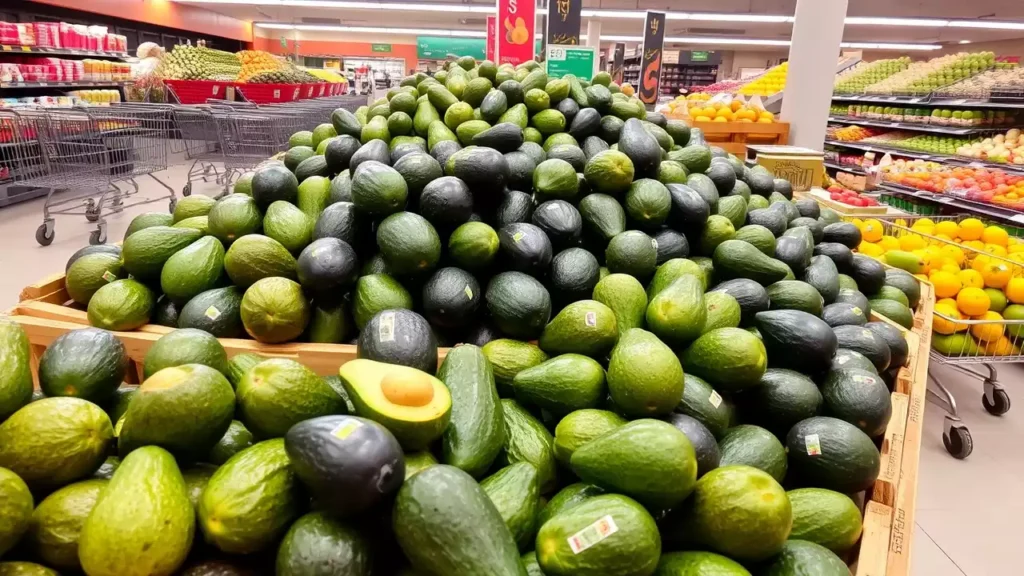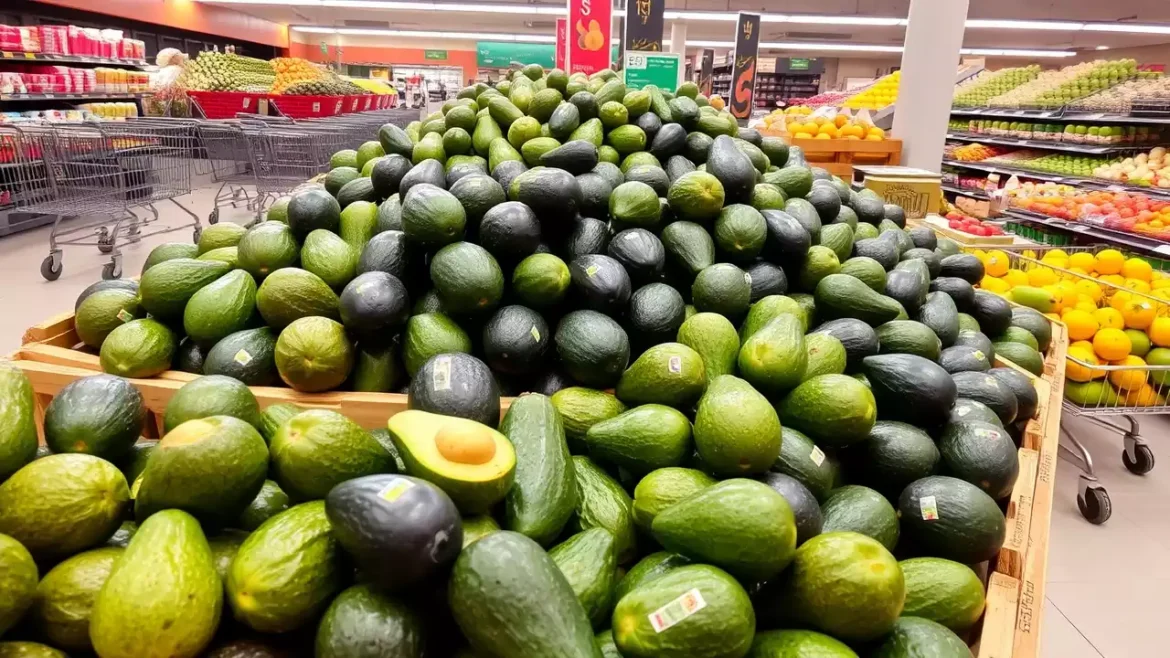
A Deep Dive into the Wonderful World of Avocados
The humble avocado, a fruit often mistaken for a vegetable, holds a captivating history, a unique nutritional profile, and a surprising versatility in the culinary world. From its origins in ancient Mesoamerica to its current status as a global culinary icon, the avocado’s journey is as rich and creamy as its texture.
A History as Rich as Guacamole
Avocados, scientifically known as Persea americana, boast a lineage stretching back millennia. Archaeological evidence suggests their cultivation began in the region encompassing modern-day Mexico and Central America, thousands of years before the arrival of European colonizers. Ancient civilizations, including the Aztecs, revered the avocado, integrating it into their diets and even incorporating it into religious ceremonies. The Aztecs referred to the avocado as ahuacatl, a word that translates roughly to ‘testicle,’ a reference to the fruit’s shape. This name eventually evolved into the word we use today.
The Spanish conquistadors introduced the avocado to the rest of the world during the 16th century. From there, it slowly spread across the globe, finding suitable climates in various regions, including parts of Africa, Asia, and South America. However, its rise to global stardom is a relatively recent phenomenon, largely fueled by the increasing popularity of healthy eating and the avocado’s unique nutritional profile.
Nutritional Powerhouse: More Than Just a Healthy Fat
Avocados are frequently lauded for their high fat content, but this fat is primarily monounsaturated, the ‘good’ fat known to contribute to heart health. Contrary to popular belief, the fat in avocados doesn’t automatically translate to weight gain. In fact, studies suggest that the healthy fats in avocados can promote satiety, helping you feel fuller for longer and potentially aiding in weight management. Beyond the healthy fats, avocados are packed with essential nutrients, including:
- Fiber: Avocados are an excellent source of dietary fiber, crucial for digestive health and regulating blood sugar levels. The fiber content contributes to the feeling of fullness after consuming avocados.
- Potassium: Rich in potassium, avocados can help maintain healthy blood pressure levels. Potassium is an essential electrolyte that plays a vital role in various bodily functions.
- Vitamin K: A significant source of vitamin K, avocados contribute to blood clotting and bone health. Vitamin K is essential for maintaining strong bones and preventing excessive bleeding.
- Vitamin C: Avocados provide a moderate amount of vitamin C, an antioxidant that supports the immune system and protects against cell damage.
- Vitamin E: Another antioxidant, vitamin E, protects cells from damage caused by free radicals. Avocados are a good source of this vital nutrient.
- Folate: Crucial for cell growth and development, folate is particularly important during pregnancy. Avocados contribute to adequate folate intake.
Culinary Versatility: Beyond Guacamole
While guacamole remains the most iconic avocado dish, the possibilities are virtually limitless. Avocados’ creamy texture and mild flavor make them incredibly versatile ingredients in both sweet and savory dishes. Here are just a few ideas to inspire your culinary creativity:
- Smoothies: Blend avocado into your favorite smoothie for a creamy texture and a boost of healthy fats.
- Salads: Add sliced avocado to salads for a creamy element and a rich source of healthy fats and fiber.
- Toast: Mash avocado on toast for a simple yet satisfying breakfast or snack.
- Sushi: Avocado is a popular ingredient in sushi rolls, adding a creamy texture and a mild flavor.
- Dips and Spreads: Beyond guacamole, avocados can be used to create various dips and spreads, such as avocado salsa or avocado hummus.
- Soups and Stews: Pureed avocado can add creaminess and richness to soups and stews.
- Desserts: Surprisingly, avocados can be used in desserts, adding moisture and richness to cakes and brownies.
Choosing and Storing Avocados: A Guide to Perfection
Selecting ripe avocados is crucial for optimal flavor and texture. Look for avocados that yield slightly to gentle pressure, indicating ripeness. Avoid avocados that are hard as a rock or excessively soft and mushy. Once you’ve chosen your avocados, proper storage is essential to maintain their quality:
- Ripe Avocados: Store ripe avocados in the refrigerator to slow down the ripening process. They can last for a few days in the refrigerator.
- Unripe Avocados: Leave unripe avocados at room temperature to allow them to ripen. The ripening process typically takes a few days.
Environmental Considerations: Sustainable Avocado Consumption
The increasing global demand for avocados has raised concerns about its environmental impact. Large-scale avocado farming can contribute to deforestation, water depletion, and pesticide use. To promote sustainable avocado consumption, consider:
- Locally Sourced Avocados: Opt for avocados grown locally whenever possible to reduce transportation emissions.
- Organic Avocados: Choose organic avocados to minimize exposure to harmful pesticides.
- Responsible Farming Practices: Support avocado farmers who prioritize sustainable farming practices.
Conclusion: A Fruit to Celebrate
From its ancient origins to its modern-day popularity, the avocado’s journey is a testament to its unique qualities. Its nutritional value, culinary versatility, and rich history make it a truly remarkable fruit. By understanding its benefits and making informed choices, we can continue to enjoy this delicious and healthy food while promoting sustainable practices.
I hope this in-depth exploration of avocados was helpful! Feel free to ask if you have any more questions.
Have any thoughts?
Share your reaction or leave a quick response — we’d love to hear what you think!








